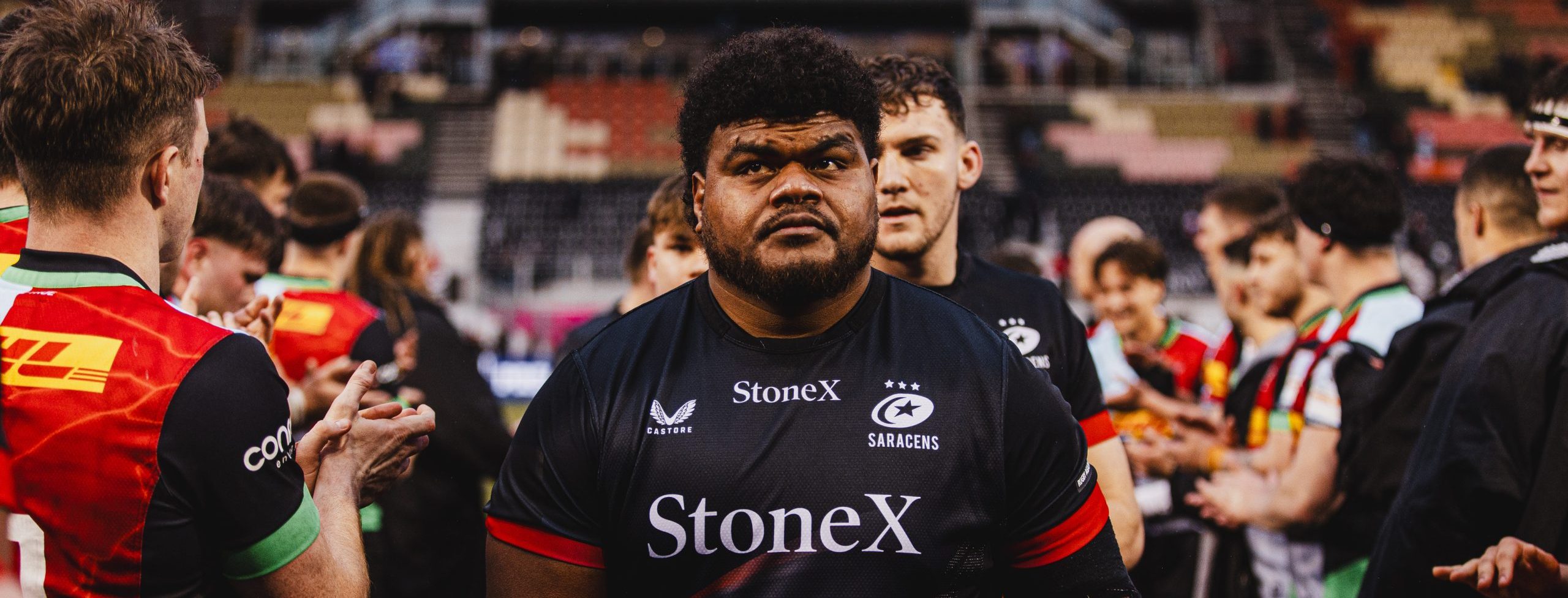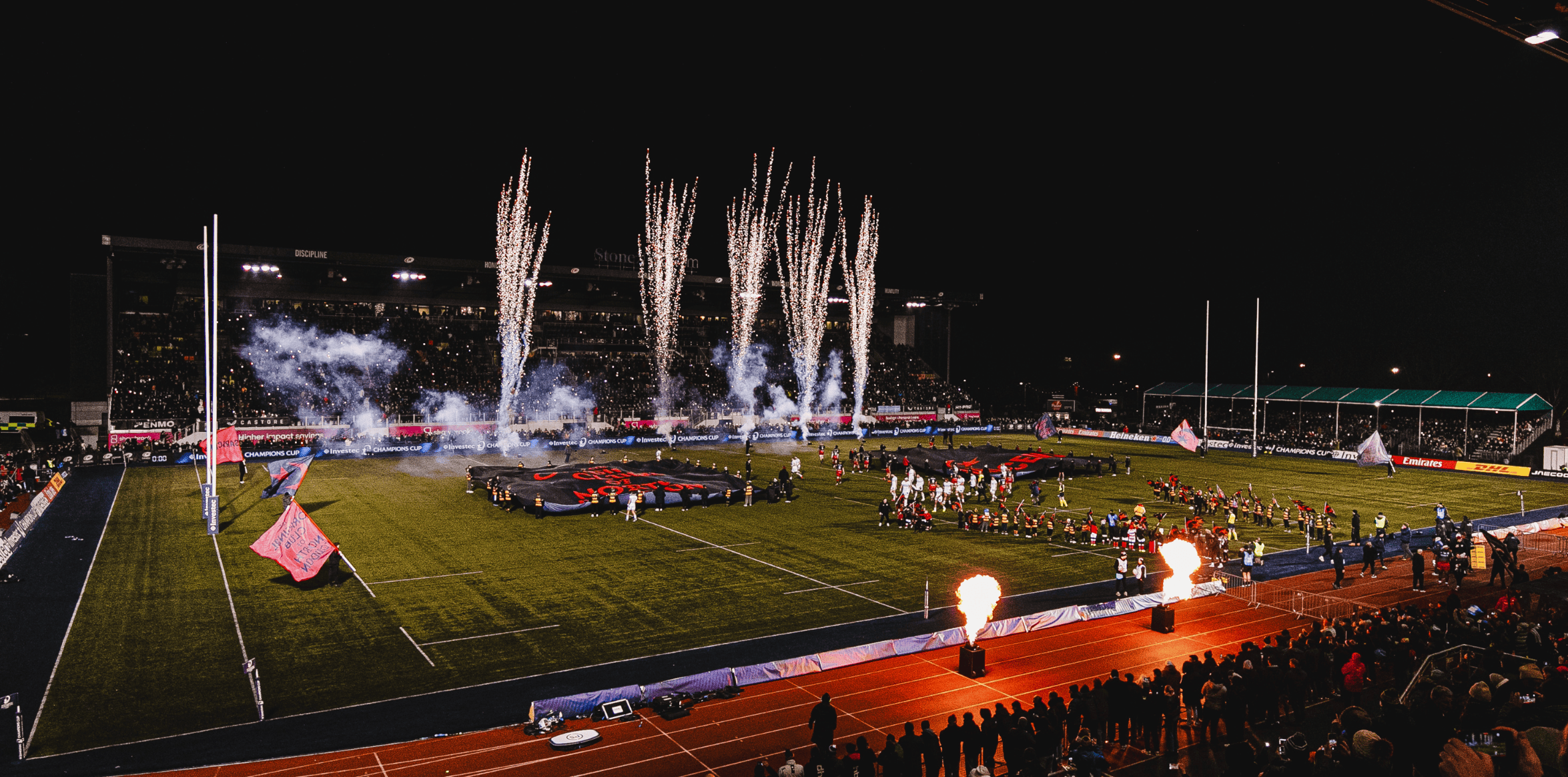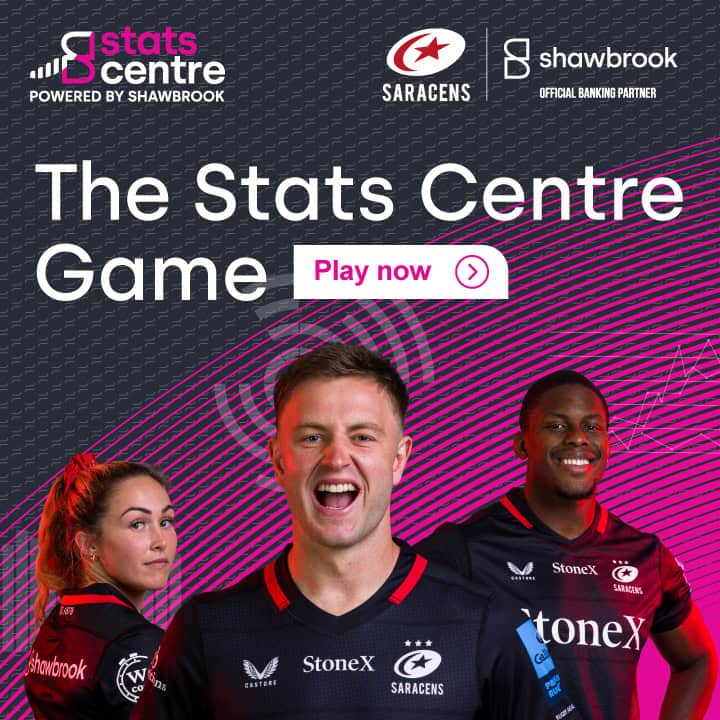Camilla Buchanan | Reflections on Black Roses Documentary


As part of our Black History Month celebrations, our Head Coach Camilla Buchanan reflects on making her documentary 'Black Roses: Netball after the Windrush.' What has changed in the years since and what are the next steps for the sport?
Making the Black Roses documentary three years ago was a massive honour. It was an amazing celebration of our sport and the Black Roses who have come through the system. There was a lot of reflection on all athletes who have come through the system, not just the Black Roses and it really represented British history.
There were so many stories that came off the back of it. People were able to reminisce about players they had watched growing up and the January series that followed against Jamaica ended up being named the Jean Hornsby Cup, after the first ever black player to represent England at netball. For that to come off the back of the documentary was really special.
Another huge success was that the documentary was used for education. Clubs and schools used it as an educational piece, and it started important conversations to action change. There was a chance to celebrate, but also start to ask questions that could bring on further progression. For me, the documentary was never just about the celebration, it was also about how we can move the game on in terms of the experience of Black athletes.
Looking ahead though, there has to be an acknowledgement that whilst diversity in our sport has increased, it has only done so to a certain level since the documentary. England Netball have made an acknowledgement of this and there are officiating programmes to try and reach out to a more diverse pool of umpires. They have also been working to diversify their board, which is imperative to the growth of our sport. We do understand that change takes time and you need to make sure the right people are in the right positions. Whilst we celebrate Black History Month and the changes that have been made, we must also recognise that progress need to be faster. If you look at the recent incident, where one of our Black players was mistaken for another Black player, for this to happen in 2023 just isn't good enough. Whilst this is one example, the journey still isn't smooth for our Black athletes, coaches and officials. We have to work together to ensure that change occurs at a quicker rate.
It is vital to have a basic level of education on the history and journey for Black athletes, to better understand the need for training on all the sub-contexts’ of racial inequality at all levels of the game. These include social biases, cultural distinctions, construct biases and micro-aggressions. It’s important for organisations to understand these.
Secondly, EDI must be embedded from the top down by CEO’s/Boards, management etc, with an understanding that racism can occur without intent or conscious awareness.
We need to be brave in our actions and our allyships too. Non-Black people identifying and pre-empting where the shortfalls are or may come and then being brave in tackling and fixing them, even if it seems risky is a massive step. It’s all about positive change and starting to shift the status quo.
When you look at the athlete experience from grassroots all the way through, we can still do more. In the documentary, some international athletes talked about some of their experiences coming through the system, steps have been taken to improve this, but there is still work to be done in terms of eradicating these negative experiences, especially with some of the examples we have seen in recent times.
What’s so great about Saracens is the way we tackle things head-on. We’ve been brave about the way we approach issues which is why I love being part of this club. I’m the first Black/Mixed Race Head Coach in the Netball Super League and this club made that happen. I wasn’t hired because I’m Black, but because I was the best person for the job. There’s a slight hesitation in terms of taking on that responsibility, but you can’t underestimate what someone like me in this position means to young players coming through, to see a woman in a leadership role that they can relate to. I feel extremely privileged to be in a position where I’ve gone through and seen some of the experiences that other Black athletes have referenced. Now, I’m in a position where players can talk to me from all ethnicities about certain experiences. There’s a huge amount of trust that comes with that and I’m in a position where I can get into rooms and have further discussions for more positive change.
However, it has to be an ongoing commitment. It can’t be one initiative or one post about an EDI meeting, it’s about the relentless, consistent work that goes on with an aim to educate, inform and progress.
Netball always comes first, but being in a position to help make meaningful changes so that every player is seen & heard is so important.
Coming from a minority group and knowing my history of the struggles faced, there’s a real responsibility on my shoulders. My grandad came over in the Windrush era and I know the struggles he faced. Without his sacrifices, I wouldn’t be in the privileged position I am now, so I feel compelled to keep pushing for more. It’s about celebrating that responsibility, but the next stage is to focus on the actions. Now, we need to look forward to where we want to go in the future.
























